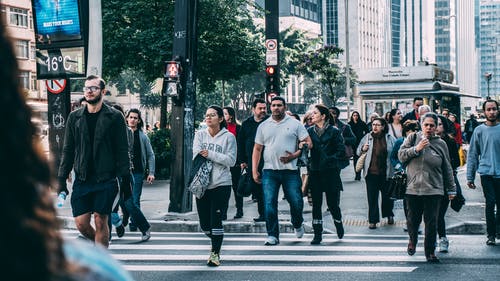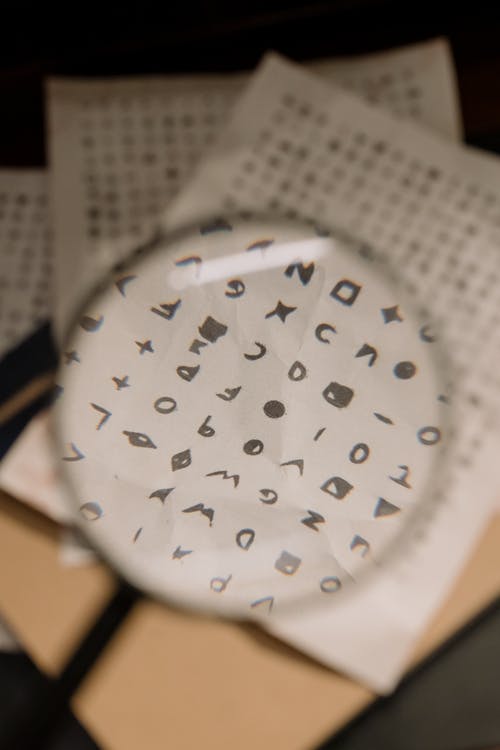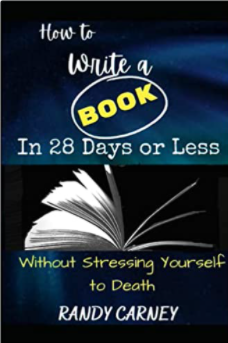Would you like to get into writing crime fiction? There are seven questions you’ll need to answer to get started.
Who Are the Characters?
First of all, who are the characters? You have the protagonist. This would be the hero or heroine. As I mentioned in a previous post, it’s often good to give your hero or your heroine a flaw within their character; something that they’re struggling with as they go about the process of solving the crime. It will make the story a little bit more interesting.

Next, you have other interesting characters. Of course, you need the victim. Now, unless the victim is just an outright scoundrel you’ll want to honor the memory of the victim in some way. Especially if they really are a victim and what happened to them was no fault of theirs whatsoever.
Then you have the eyewitnesses.
Beyond that, you will have the suspects and the actual bad guys. If you want to make it more interesting, make your criminal a complex person. Write about the things that they have to deal with, the issues they have, and the thoughts they have. Maybe they are kind to animals. Maybe they have some things that you would not expect from a criminal and, and maybe they’re torn within themselves as to what has taken place.
What is Crime Fiction?
The second question is what is crime fiction? Well, it is writing that deals with everything related to the crime. It can range from a mystery to a who-done-it, all the way through to a thriller.
In most cases, the crime has already been committed, and you’re trying to figure out who committed it and why it was committed. But in some cases, like the cases of serial killers, for example, the crimes would be ongoing. In the cases of thrillers, oftentimes, the crime is ongoing. But, maybe it’s not been committed yet.
So we have the who and the what, next comes the when.
When Will the Parts of the Story Take Place?
When will the parts of the story take place? Well, your crime fiction setup, like many stories are set up, has three acts.
Act one, you have the protagonist, who is introduced to the problem or the crime.

In act two, you have the protagonist solving the crime. It’s how they go about managing to do that. In this act, you also have the discovery of what the story is really about. Sometimes, you have two stories going on at the same time. You have a story of the struggle going on within the life of your main character and the actual story of the events. That all takes place in act two.
Then in act three, you have the process of actually catching the villain and/or saving someone or saving the world. This is the when of your crime fiction.
We’ve covered when, what, and when. Next, we need to decide where.
Where Does the Story Take Place?
Where does the story take place? Well, it could be the world where the crime took place, or where the perpetrators of the crime would hang out, or where they would flee. But it is the world where that would take place.
It is often good to make this place an unfamiliar place to the protagonist, where the hero or heroine has to get used to being in a new place and discovering new things about that place as well as the obstacles they have in finding out about the story.
How Will the Crime Be Solved?
How will the crime be solved? Here is where you’ll have the process of following clues, and you often have helpers that come along and help the main character. You may even have high-tech science and high-tech devices in some cases. It may be forensics or forensic science, but not always.

Then the crime is solved by moving through moments of suspense. How do you create suspense in your crime fiction? You do it through conflict and descriptions of conflict. You do it through time limits. If something is not accomplished by a certain time, something dire will happen. You do it by distractors, which take a reader down the wrong path for a little while. Sometimes we call those red herrings. You can also do it through descriptions of mood like the ups and downs in the characters’ lives and moments of growth within their lives.
Why Did the Crime Happen?
Why did the crime happen? Your hero or heroine will search out a motive during their investigation. The clues found will help point to a motive for the crime.
Finally, we come to question number seven.
So the first six of them are
1. Who are the characters?
2. What is crime fiction?
3. When will the parts of the story take place?
4. Where does the story take place?
5. Why did the crime happen?
6. How will the crime be solved?
Then number seven…
What Then?
Question number seven is what then? How is the hero or the heroine changed as a result of this process? Perhaps there is a hint to a possible future adventure that the hero or the heroine might be involved in.

Well, I hope these tips have been helpful to you. If you would like more tips like these, go to www.randycarney.com. If you would like to find out even more about writing, go to Amazon and get my new (best-selling) book “How to Write a Book in 28 Days or Less Without Stressing Yourself to Death“.
Remember, you can write a book!
